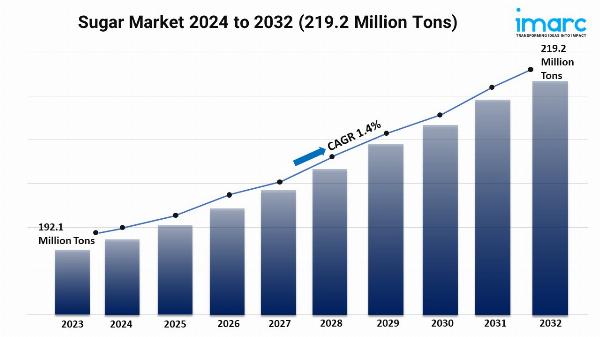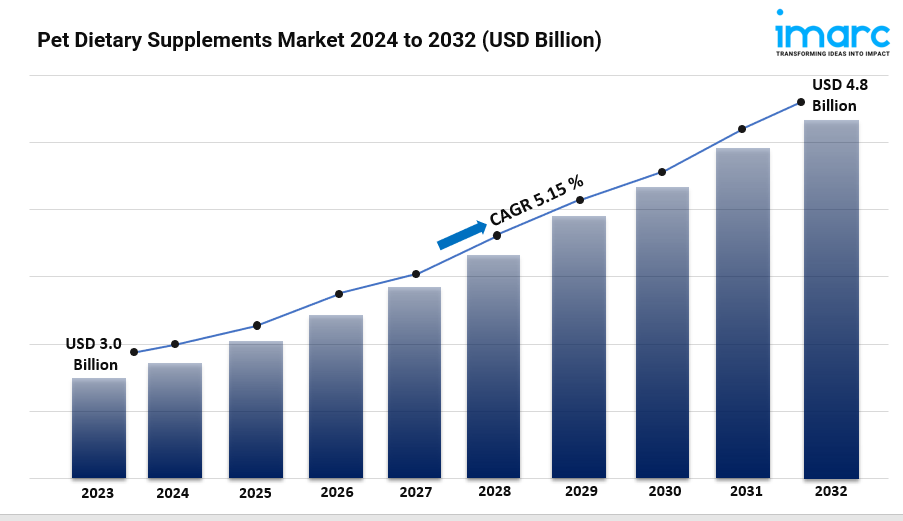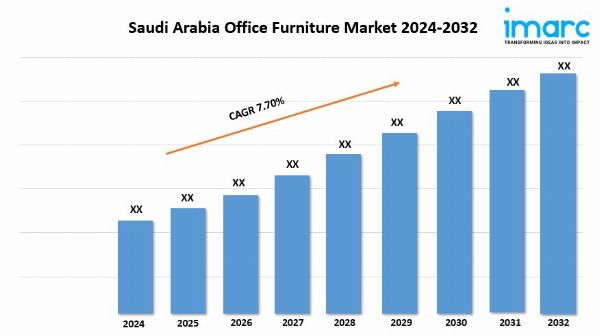What Trump’s ‘Big Beautiful Bill’ means for tax cuts, Medicaid, national debt, and more

Trump’s “Big Beautiful Bill” is a sweeping tax-and-spending package with major implications for taxes, social programs, border security, and the federal budget. Here are the key changes business and policy audiences should know:
1. Tax cuts and business incentives
-
Extends and expands the 2017 Trump tax cuts, making most provisions permanent, including lower rates for individuals and businesses.
-
$4.5 trillion in total tax reductions over a decade, with new breaks for income from tips, overtime, and auto loans.
-
SALT deduction cap raised from $10,000 to $40,000 for five years, benefiting taxpayers in high-tax states.
-
Child tax credit increases from $2,000 to $2,200 per child, though low-income families may not get the full benefit.
-
Immediate expensing for business equipment and research is made permanent, benefiting capital-intensive industries.
-
Middle-income households would see tax cuts of $500–$1,500 per year, while the wealthiest benefit most; lowest-income households could see losses of up to $1,600 annually.
2. Cuts to social safety net programs
-
Medicaid and SNAP (food stamps) face significant funding reductions.
-
Medicaid work requirements: Able-bodied adults 19–64 in Medicaid expansion states must work, volunteer, or study 80 hours/month; parents of children 14+ included.
-
Eligibility for federal benefits is narrowed for noncitizens, with new restrictions and application fees for programs like asylum, work permits, and humanitarian parole.
-
Clean energy tax credits and subsidies are rolled back or eliminated.
3. Border security and defense spending
-
$350 billion allocated for border and national security, including:
-
$46 billion for the U.S.-Mexico border wall.
-
$45 billion for 100,000 migrant detention beds.
-
Funding for the largest deportation campaign in U.S. history.
-
Hiring 10,000 new Immigration and Customs Enforcement agents.
-
4. Federal debt and budget impact
-
The Congressional Budget Office projects the bill will add $3.4 trillion to the national debt over the next decade, with the U.S. debt currently at $36.2 trillion.
5. Other notable provisions
-
“Trump accounts”: A pilot program giving babies born between 2025–2028 a $1,000 government-funded investment account, with parental contributions allowed.
-
Student loan program changes and elimination of some clean energy incentives.
Food assistance and health coverage for low-income Americans are reduced to help offset the cost of tax cuts and new spending.
| Area | Key Change(s) |
| Tax policy | 2017 tax cuts extended; new business/tip/overtime breaks; SALT cap raised |
| Social programs | Medicaid/SNAP cuts; work requirements; narrowed eligibility for noncitizens |
| Border/Defense | $350B for wall, detention, deportations, ICE hiring |
| Clean Energy | Credits/subsidies rolled back or ended |
| Child Tax Credit | Increased to $2,200 (not fully refundable for low-income families) |
| Federal Debt | $3.3T added over 10 years (CBO estimate) |
| Other | “Trump accounts” for babies; changes to student loans |
The bill still needs final reconciliation between House and Senate versions before it can become law.
Story ContinuesDisclaimer: For this story, Fortune used generative AI to help with an initial draft. An editor verified the accuracy of the information before publishing.
This story was originally featured on Fortune.com
Trump's 'Big Beautiful Bill,' if enacted, would represent significant tax cuts for corporations and the wealthy while stretching Medicare resources thin amidst an already burgeoning national debt.
Trump’s 'Big Beautiful Bill' not only promises tax cut paradise, but also stirs up controversies about Medicaid funding and national debt sustainability – marking a complex gamble on the future of American finances.
Trump's 'Big Beautiful Bill,' assuming it passes, will not only facilitate significant tax cuts but also directly impact Medicaid programs and the national debt landscape with uncertain long-term consequences.
The Big Beautiful Bill proposed by Trump exemplifies an extensive blueprint for significant tax cuts, substantial alterations to Medicaid funding structure that could exacerbate the national debt trajectory drastically in a bid toward fiscal profligacy.
The perceived 'Big Beautiful Bill' signifies an unprecedented attempt by Trump to roll back taxes, reform Medicaid through a block grant approach while reckoning with the widening national debt—a gamble that could unbalance American finances and healthcare provision.
Trump's 'Big Beautiful Bill', if passed, would not only deliver substantial tax cuts to the wealthy and corporations but also jeopardize Medicaid funding平衡 on national debt explosion. Such comprehensive legislation poses unparalleled challenges for future generations.














